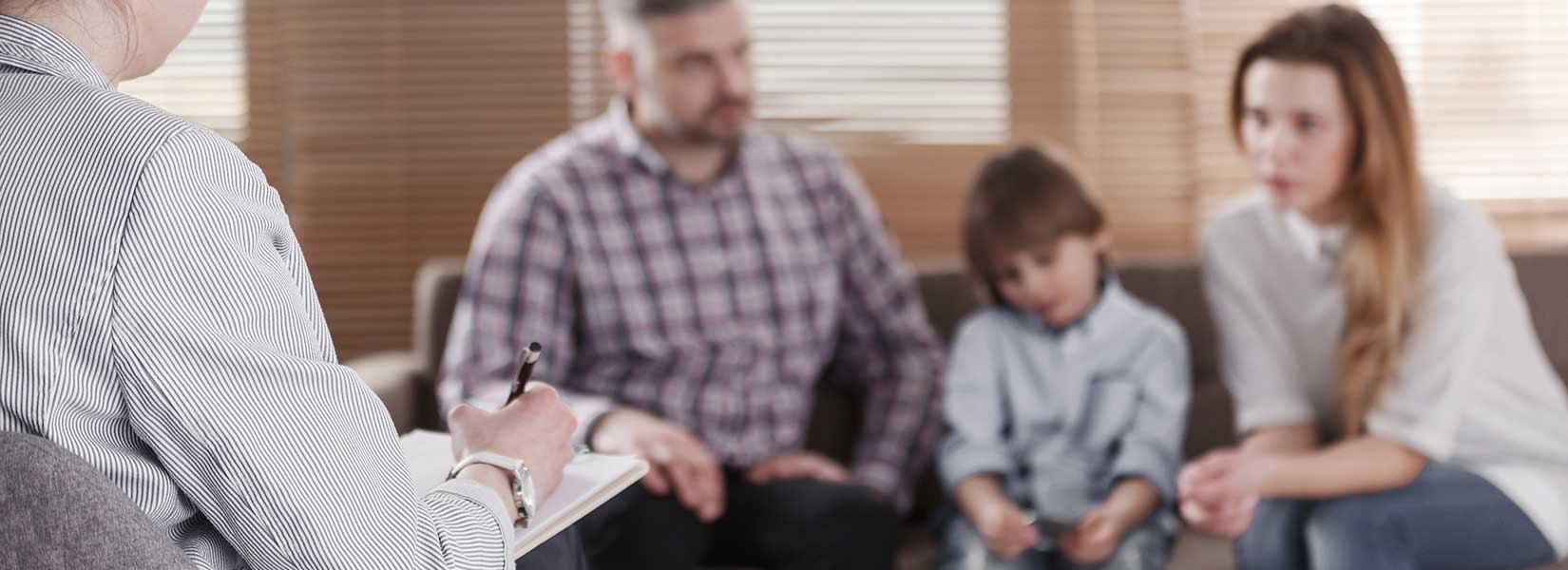Handling Parents Who Struggle with Addiction
What has probably been the elephant in the room for years may finally be coming to the surface of conversation. If you’re seeking help from the resources at Rehab Carolinas, the topic of parental addiction is something you’re willing to approach.
Many children grow up to be fully functioning adults that have parents who continue to face addiction daily. Some parents are able to shake the addiction and lead a sober life, but that doesn’t always mean that the relationship is reparable.
Understanding Role Reversal in Addiction
The most present issue that children and adult children of addicts report is role reversal. The need or desire to rehabilitate their parents themselves or to take on the role of the parent. In these instances, children may seem more mature or to handle responsibility easily. However, the internal struggle will often lead to anxiety and depression early in life.
Role reversal is a two-part method of manipulation by addicted parents. Children cancel plans or avoid making plans so they can stay home, leading parents to have more attention from their child. Children will also take responsibility for their parent’s actions enabling them by making excuses.
Some examples of role reversal in action might include:
- Explaining away their parent’s addictive behavior such as, “She only drinks because my dad left.”
- Agreeing to share a bed with a parent because they are lonely.
- Listening to a parent recount their experiences when drunk or high.
- Canceling or avoiding plans to stay home.
Drug addiction or alcoholism in parents can cause children to be far more dependent on them. Additionally, it cultivates enabling behaviors early in life.
Impact of Parental Addiction on Children
Approximately one in four children will grow up in a home where drug or alcohol abuse is present. These children will often suffer in school performance, show behavioral problems, and be at a higher risk of experiencing various types of abuse.
The most pressing concern for people who grew up in a household with addiction is the increased risk of experiencing addiction themselves. As children, the normalization of drug or alcohol use can impact their susceptibility to abuse as teens and adults.
Adult children of addicts are likely to experience some anxiety when it comes time to confront issues similar to what their parent’s face. During times of depression, anxiety, or great stress, they may turn to their parent’s drug of choice more quickly than those who did not grow up around addiction.
Suggestions for Children
If you are still a child, or if you interact with a child who is around addiction always, there are ways to lessen the impact. Children are always advised to tell another responsible adult. However, many children are hesitant with the fear that reporting their parent’s drug abuse will lead to being input into the foster care system. There is also a feeling of betrayal.
Informing an adult does not have to mean leaving your home. But telling a teacher, doctor, or the friend of their parent may be the onset of intervention or more considerable attention to addictive patterns.
After informing adult children may feel like there isn’t anything else that they can do. Children who live in households with addiction are encouraged to:
- Keep a journal – use words and pictures to describe feelings or record events.
- Choose friends that support you during tough times.
- Participate in activities that you can do anywhere, such as photography, playing music, or running.
- Have emergency numbers on hand for scary situations.
Suggestions for Adult Children Dealing With Parental Addiction
Adult children who grew up in a household with addiction will likely have many more obstacles in life than they may realize. Not only are they more susceptible to abuse, violence, low self-esteem, and addiction themselves, but they likely have a complicated relationship with their parent.
Many adult children will either forsake their addicted parent and go through years of blame, regret, or distance from a relationship that is important to many people. Or, they will stay close to their parent, maintaining the role reversal throughout life.
Finding help for your parent is the easy part, but engaging with them to obtain the help you need is difficult. You cannot make your parent seek out therapy if they are not willing to undergo treatment. Many rehabilitation facilities know that the family element is a vital part of addiction recovery.
Work with Rehab Carolinas to begin building a strong foundation within your family. You and your parent are able to begin recovery, learn about enabling behaviors, and help build safeguards for a path to sobriety.
